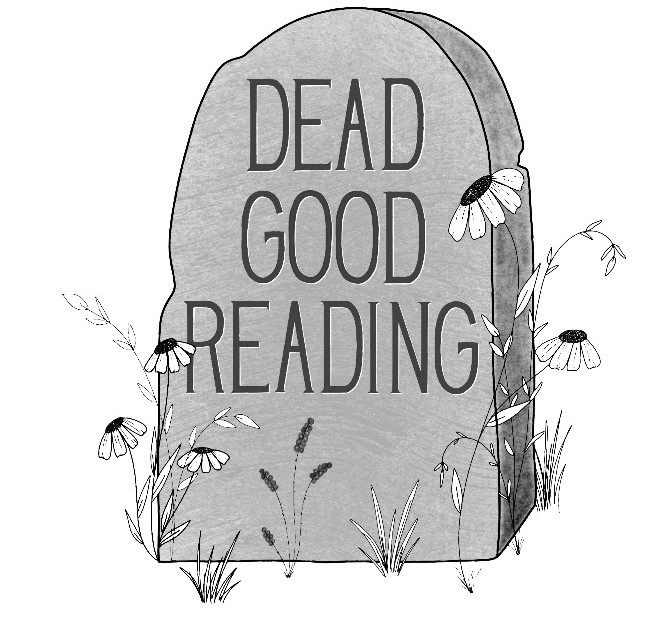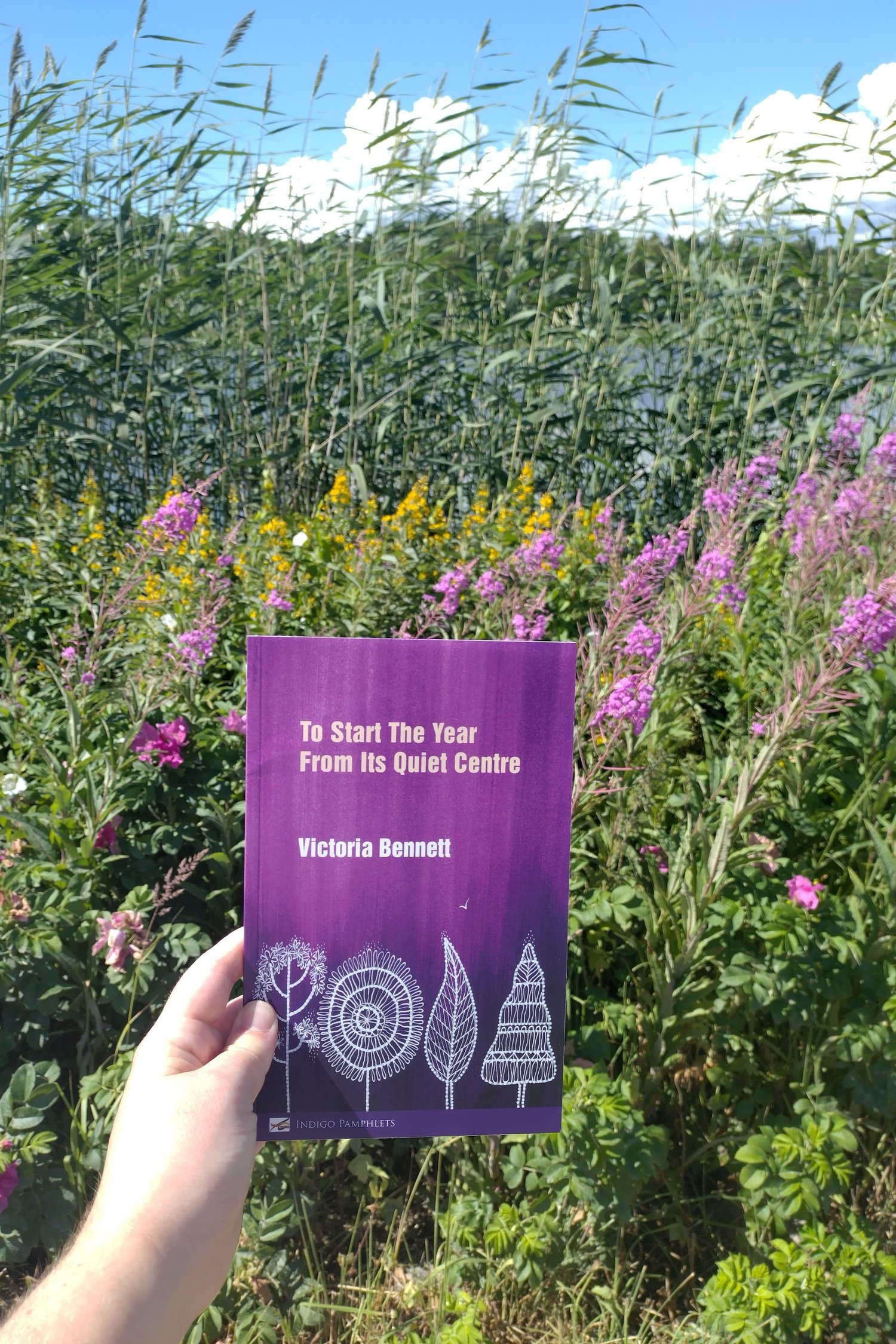This is the first time I’m reviewing a book of poetry. It has taken me a little while to start writing my thoughts on this collection written by Victoria Bennett, as somehow reflecting on poetry seems so much more personal and intimate than writing about novels and memoirs (and I won’t even compare it to academic texts). How do you put into words a visceral experience, without sounding mundane, pompous, silly or obvious?
To Start The Year From Its Quiet Centre is a short collection of poems, or rather a pamphlet of poems, which focuses on the dying and death of Bennett’s mother. Since Victoria told me that July 13 is her mother’s birthday, (yes, I still wrote this in the present tense, even though her mother will not have any more birthdays) I thought it was apt to publish this blog on this day. Birthdays and death days can be important markers to remember deceased loved ones, and an excellent time to take a moment and think about the person that died.
Poetry can split readers, and create a real Marmite moment: you either love it, or you hate it. I am often really impressed in the way a few words can build entire worlds and evoke so many emotions. It is a real gift to craft out an atmosphere, whilst being so sparse and gentle with words. With permission of the author, I have republished the poem entitled Calendar, which offers a prime example of how a few lines can evoke so many thoughts and feelings about notions of time, the process of dying and caring for a loved one.
Calendar
Through my mother’s window, days slip by,
moments so small we almost miss them
in our busy lives of dying:the way the stocks begin to bend,
the first ash to fall, the lowering light.
Soon, the year will turn.In the darkest days, she cries out
What time is it?
as if knowing can stop the clock.She sleeps, wakes confused,
not sure if it has been minutes
or days that she’s been gone.In the morning, we greet the sun
with morphine and birdsong.
It’s another beautiful dawn, I saybut they get harder.
Another one, she says,
eyes turning away.The last one
and it is just me.
The rain begins.
This poem plays with notions of time, and shows when you are dying, or are caring for the dying, moments can feel both long and shots at once. Time has a different meaning when you know it is ‘running out’ for you, you want to capture as many dawns as possible. And at some point you’ll have enough and are ready for this dawn to be your last.
As the descriptions of the ash tree, and the year turning reveal: time will continue to progress, long after the lives of both Bennet and her mother. Nature and the seasons have a beautiful way of showing the temporality of individual live, and the ongoing and perpetual strength of Life with a big L.
Particularly the last verse I found very moving, firstly for the reason of time simply carrying on: Bennet’s mother has experienced her last dawn, but Bennett will continue to experience dawns until her time has come. But the calendar will not stop, and will move on without them. Secondly, the short phrase The rain begins speaks volumes about the absence of the ‘what next’ after someone has died. I look forward to reading more about Bennett’s story in her upcoming memoir, but very often people are so focused on the dying part (or the denying of the dying part) that very little attention is paid to the aftermath of death. The rain begins hints at the immediate emotional response after a loss, but what happens after the rain?
The twenty poems in To Start the Year From Its Quiet Centre outline both the before and after of loss. The first poem The Suede Shoes talks about the Bennet’s mother being diagnosed with cancer, and talks about the language of death and hospitals quickly taking over. It shows how something so mundane as buying the pretty suede shoes you like, even though you are dying, is still important, as you need to live before you die. Poems entitled There is always more to lose, After the War comes the Battle and Postcard home, all show the different levels of loss and grieving. To lose a person is but one thing, and there can be many subsequent losses, layers of grief and feelings about the past, present and future. Many moments that are not lived together, many places that won’t be visited.
I am really grateful Bennett sent me her collection of poetry, as it has given me the chance to sit down and read quietly. And to really read poetry slowly. To mull over words, and to return to the words again and again. I have never been able to read poetry collections in order, as I always dip in and out. For this review, I did do this at one time, and in a sense there is a chronological order to the events described in the book, yet I find that the right words need to find the reader at the right time. And sometimes that means reading the last page first. Or skipping one poem all together. I sincerely hope some of Bennet’s poetry has found its way into her upcoming memoir as I cannot wait to read more and sit quietly in my centre.
To learn more about Victoria Bennet, do visit her website and to order a copy of her pamphlet of poetry directly from Indigo Dreams Publishing click here.


Leave a Reply